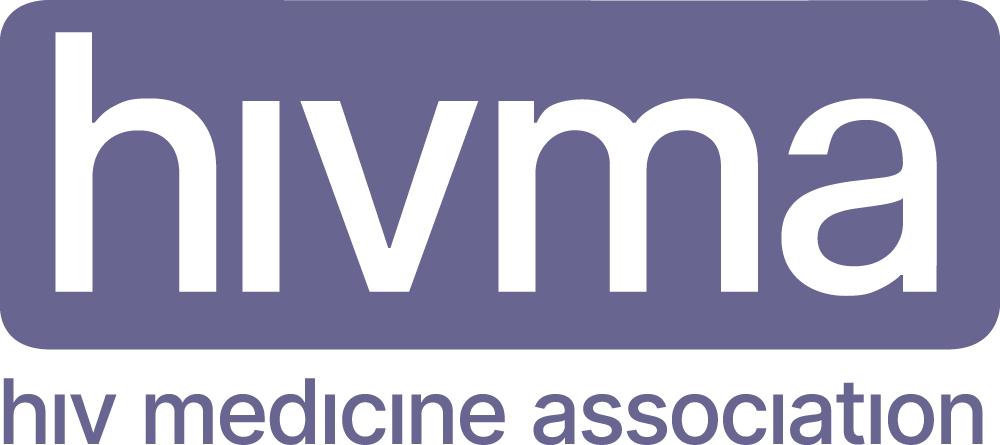The administration is proposing to significantly expand the criteria used to determine if individuals applying for green cards may be considered a “public charge,” and potentially denied entry to the United States or permanent legal status here. Today the only criteria considered for determining who may become a “public charge” are cash assistance and government-funded long-term institutional care. The new criteria, which are the use of non-emergency Medicaid, Medicare Part D low-income subsidy assistance, housing assistance, and Supplemental Nutrition Assistance (SNAP), would discourage immigrants from accessing basic services essential to individual and public health. The proposed rule specifies that programs not named in the rule will not be considered. In submitting comments, it is important to only respond to the programs listed in the proposed rule without referencing others. Additional information on the proposed rule is available from the Protecting Immigrant Families campaign.
We have heard from HIV providers that they have already seen a decline in patients from immigrant communities accessing HIV care and treatment. The rule also could disrupt access to immunizations for children and adults, jeopardizing individuals’ health and increasing the risk of outbreaks. HIVMA and IDSA have developed template comments for members who may wish to comment and share how the rule, if implemented, would harm patients and public health. Read the comments submitted by HIVMA, IDSA, the Pediatric Infectious Diseases Society and the Ryan White Medical Providers Coalition.
SUBMISSION LINK:
Below are template comments to submit in response to the proposed rule. Please personalize based on your experience and concerns regarding your patients and community. Comments may be submitted from this link. The deadline to comment is Dec. 10.
https://www.regulations.gov/comment?D=USCIS-2010-0012-0001
TEMPLATE COMMENTS:
Samantha Deshommes
Chief, Regulatory Coordination Division,
Office of Policy and Strategy,
U.S. Citizenship and Immigration Services
U.S. Department of Homeland Security
20 Massachusetts Avenue NW,
Washington, DC 20529-2140
RE: Public Comment, DHS docket no. USCIS-2010-0012
Ms. Deshommes:
I am writing as an [infectious diseases/HIV clinician] in [CITY and STATE], to share my concerns regarding the impact of the proposed rule to expand the benefits considered under a “public charge” determination. I urge the Department of Homeland Security to rescind the proposed rule due to the harm it would have on the health of eligible immigrants, their families and on public health.
Infectious diseases recognize no borders and are not bound by any population or community. Access to health care under Medicaid, Medicare Part D, and other services is important to prevent and treat infectious diseases to keep individuals, families and communities healthy.
HIV and some other infectious diseases disproportionately affect individuals who are low income and people of color who have historically faced significant barriers accessing health care, including stigma and discrimination. Expanding the “public charge” definition will discourage even more eligible immigrants from accessing the preventive services, care and treatment important to their health and to stopping disease transmission. The proposed rule if implemented will further marginalize these populations at great expense to their health and to our communities.
The proposed rule will also likely discourage immigrants from seeking immunizations for themselves and their families. Medicaid and Medicare Part D are important sources of coverage for medically recommended immunizations. In many parts of the country, immigrants sometimes live in communities consisting largely of populations from their home countries. Depressing vaccination rates in these populations could create clusters of unvaccinated or under-vaccinated communities, increasing the likelihood of outbreaks of vaccine preventable diseases.
Please consider the implication of this rule, withdraw it and instead advance rather than undermine polices that improve the health of families and communities and our nation’s public health.
Sincerely,
[NAME]
